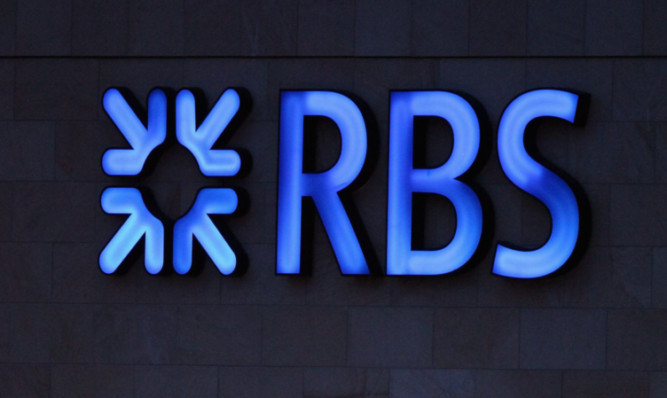Taxpayer-owned RBS yesterday confirmed it was cutting 2,000 investment banking jobs as it embarked on the search for a successor to outgoing chief executive Stephen Hester.
Shares in the bank were down as markets took time to digest the shock departure of the chief executive and speculation about political interference in the decision.
Mr Hester will leave the bank before the UK Government’s 81% holding in RBS is returned to the private sector.
Ministers denied direct involvement in Mr Hester’s decision to step aside but MPs were told that Chancellor George Osborne had met the bank’s chairman last week to discuss the move.
There was also anxiety about whether the departure could delay privatisation plans and whether it increased the likelihood of RBS being split into a good bank and a bad bank.
Mr Hester is to leave later this year and will receive 12 months’ pay and benefits worth £1.6 million, as well as being in line for a long-term shares windfall of up to £4 million. He will receive no bonus for 2013.
In a memo to the bank’s 100,000 staff, Mr Hester stressed how dire a predicament the group was in following the financial crisis of 2008.
He said: “RBS lost sight of why it was founded, and it nearly died as a result. We’ve got back to a place where we can once again focus on the customer above all else.”
Economic Secretary to the Treasury Sajid Javid confirmed to the Commons that a meeting had taken place between Mr Osborne and Sir Philip Hampton last week at which the Chancellor was informed of the decision.
Downing Street acknowledged that the Government was represented in board discussions on the long-term future of the bank through UKFI, which manages the public-owned majority stake.
The Prime Minister’s official spokesman said: “Boards, as you would expect, discuss future strategic planning and succession planning with their shareholders.
“Through UKFI, the Government is a very major shareholder. UKFI was involved in the discussion in the way you would expect.”
The overhaul of the bank since its bail-out has seen some 38,000 jobs go and RBS confirmed yesterday that a further 2,000 were being shed from within its investment banking arm.
The reduction will see the headcount within the division drop from around 11,300 to just over 9,000.
There will be no change to retail banking which deals with day-to-day transactions for millions of account holders.
Peter Nielsen and Suneel Kamlani, the co-chief executives of markets, said the job losses were part of a strategy to de-leverage the division’s balance sheet below the £80 billion mark by the end of next year.
The move will see RBS exit from all structured retail investor products, equity derivatives and peripheral activities.
The plan is to sell-off the assets where possible and significantly simplify the overall business.
They said: “By concentrating our resources on our strongest products and services, we will ensure we are well positioned to support our global client franchise and succeed in a changing regulatory environment.”
RBS added: “At the same time, we will de-emphasise some of the more complex structured products that are capital intensive or costly to run.
“We will consolidate risk management in key financial centres, while ensuring that our coverage teams remain close to our clients.”
Shares in RBS closed at 315p last night, down 3.26% on the day.
